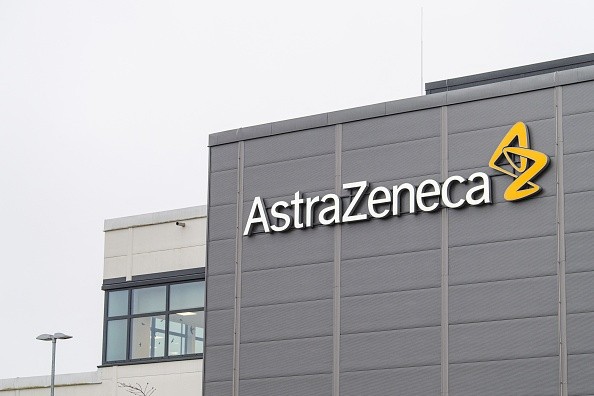The US Food and Drug Administration approved Ionis Pharmaceuticals and partner AstraZeneca's drug to treat rare nerve diseases on Thursday.
The drug was branded as Wainua, which would be available in the US in January.
US FDA Approves Ionis-AstraZeneca

Wainua was approved for the treatment of polyneuropathy of hereditary transthyretin-mediated amyloidosis (ATTR-PN) in adults, which affects an estimated 40,000 patients globally.
Transthyretin amyloidosis is a progressive condition identified by accumulating unusual protein deposits in the body's organs and tissues.
According to AstraZeneca, the condition damages nerves outside the brain and spinal cord. If the disease was left untreated, it could be deadly within ten years.
Wainua would be operated once a month at home through an under-the-skin injection. It uses more advanced technology than an older Ionis drug and was designed to target the liver, where the protein is produced.
Ionis CEO Brett Monia said the company reported that only 20% of the patients suffering from ATTR-PN were on treatment. He added that this was a market where more than one player could have great success.
Furthermore, William Blair analyst Myles Minter has estimated the global peak sales of about $750 million for treating ATTR-PN alone.
Alnylam Pharmaceuticals' (ALNY.O) therapies Amvuttra and Onpattro and Ionis' Tegsedi claimed that the new drug could be self-administered, requiring less dosing than previously approved therapies.
"We still expect Alnylam to retain leadership in this market, but with AstraZeneca as a global collaboration partner and a more convenient, self-administered product, we think Ionis has a good position," Morningstar analyst Karen Andersen said in a note before the approval.
Ionis-AstraZeneca To Treat Other Diseases
According to Fierce Biotech, eplontersen was the main attraction by Ionis and AstraZeneca. However, the two were also collaborating on three other clinical-stage meds, two of which aimed at nonalcoholic steatohepatitis and a third for patients with chronic kidney disease.
Mina Makar, AstraZeneca's senior vice president of global cardiovascular, renal, and metabolism work, said that while the two companies' existing partnerships have proven fruitful, no collaboration expansion was on the horizon.
Ionis and AstraZeneca also tested its effectiveness in treating other diseases that could lead to cardiomyopathy, a heart muscle disease. Analysts anticipate total peak sales between $3.5 billion and $7 billion if the drug gets expanded approval to treat cardiomyopathy.
Makar said that Big Pharma's existing commercial infrastructure and patient support system should maintain eplontersen's prospects, which he described as having best-in-class potential.
He added that they have very aggressive plans to launch eplontersen in Europe and other parts of the world.
ATTR polyneuropathy was just the beginning, and a second phase 3 trial, arranged to be the largest ATTR cardiomyopathy trial ever, has continued to enroll. Ionis' Shneider said that the 140-week test would be in 2025 for readout.








